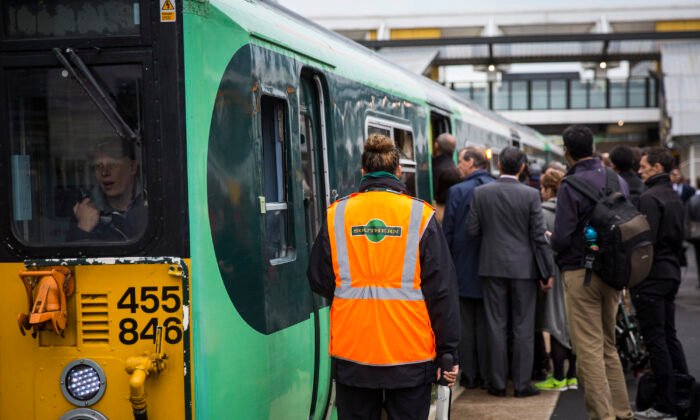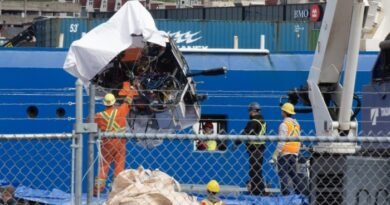Fresh Round of Strikes Launched by Train Drivers in Pay Dispute
Members of the ASLEF union have overwhelmingly voted in favor of strike action, as a result of a prolonged two-year dispute with the government regarding an increase in drivers’ salaries.
Rail passengers are advised to check travel updates before embarking on their journey this week, due to a series of one-day strikes organized by the train drivers union.
Affected operators include 2c, Greater Anglia, GTR Great Northern Thameslink, Southeastern, Southern/Gatwick Express, and West Midlands Trains. ASLEF has also declared that its members will refuse to work non-contractual overtime from Monday to Saturday.
This recent industrial action follows five years of disagreement, with train drivers not receiving a pay raise. Since the expiration of the last pay deal with the government in 2019, ASLEF argues that its members deserve a raise due to the significantly increased cost of living.
There have been no talks between the union and the Rail Delivery Group (RDG) for a year. ASLEF has not engaged in negotiations with Transport Secretary Mark Harper since December 2022.
Last year, the union rejected an offer of an 8 percent increase over two years. Additionally, a new law was introduced to ensure minimum service levels during strikes, but none of the train operators have opted to use it.
General Secretary of ASLEF, Mick Whelan, stated, “It has been a year since we last met with the train companies and rejected the offer they made, which they acknowledged privately was intended to be rejected.”
A spokesperson from RDG issued an apology for the service disturbances caused by the “unnecessary strike action.”
The advice given to customers is to check for travel updates and revised timetables.
‘Dead in the Water’
ASLEF has emphasized that they will not back down and will persist in their demand for a pay increase.
“The employers and the government believe we will surrender and retreat. They are mistaken,” asserted Mr. Whelan.
He added that strikes would not be taking place if drivers found the government’s offer, which he described as “dead in the water,” acceptable.
In response, the government introduced the Strikes (Minimum Service Levels) Bill. This new law imposes minimum service levels on public services during strikes, including passenger rail services, ambulance services, and fire and rescue services.
According to business minister Kevin Hollinrake, the bill offers “a balanced approach between the right to strike and safeguarding lives and livelihoods.”
The Trades Union Congress TUC criticized the bill as “draconian” and cautioned that it could lead to job losses among workers supporting industrial action.
Regarding the recent series of strikes, a spokesman from the Department for Transport commented, “ASLEF is the only union continuing to strike after the government reached deals with all other unions. Rather than causing disruption to passengers, they should present this offer to their members and collaborate with the industry to resolve this conflict.”
Mr. Whelan highlighted that the decision to initiate another round of strikes was “overwhelmingly” supported by ASLEF members.
He further stated in an interview with Sky News, “No one wishes to strike or lose income. Nevertheless, everyone is entitled to a pay increase at some point. How long can you go without a raise?”





